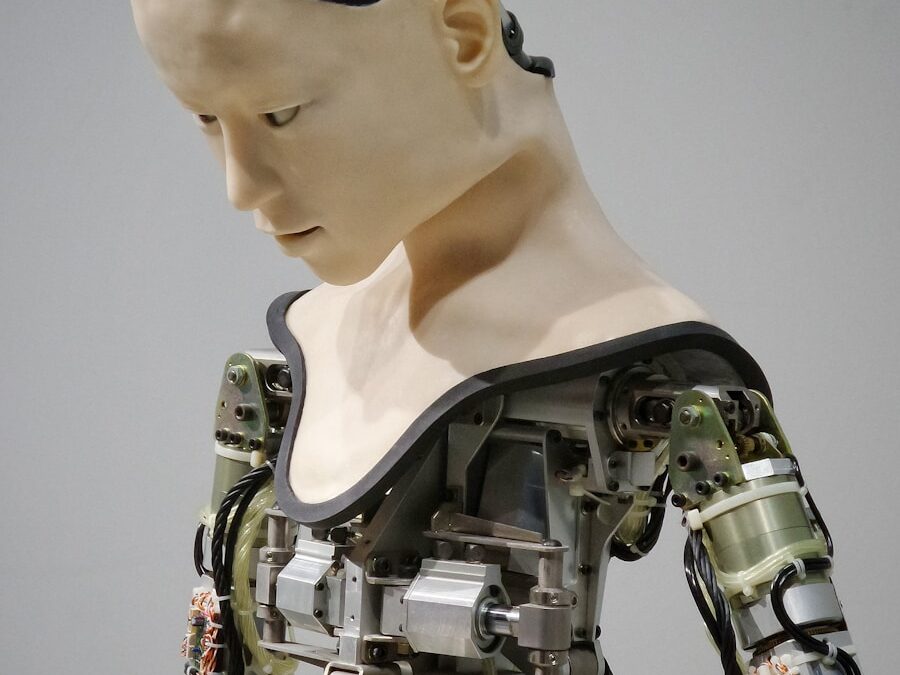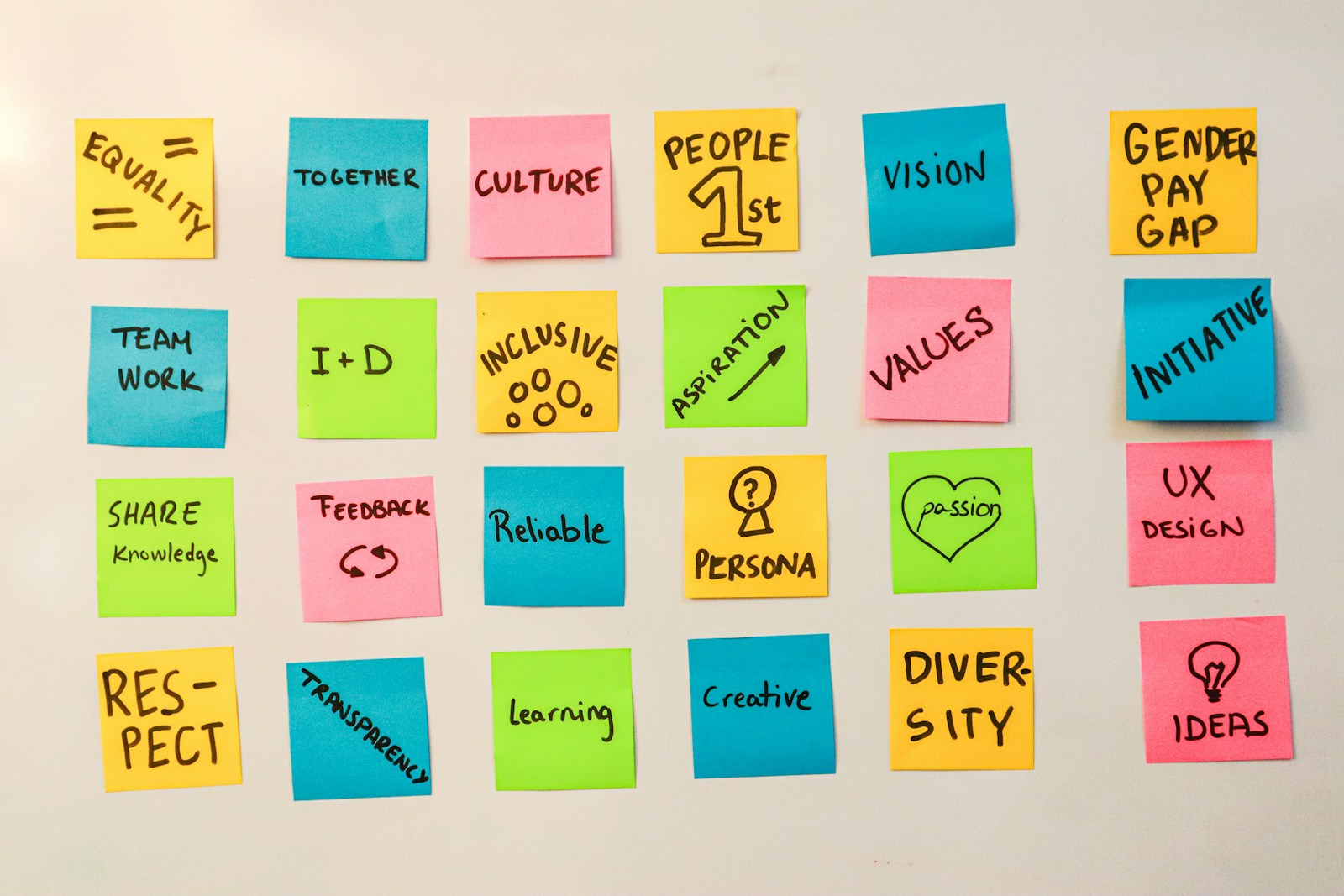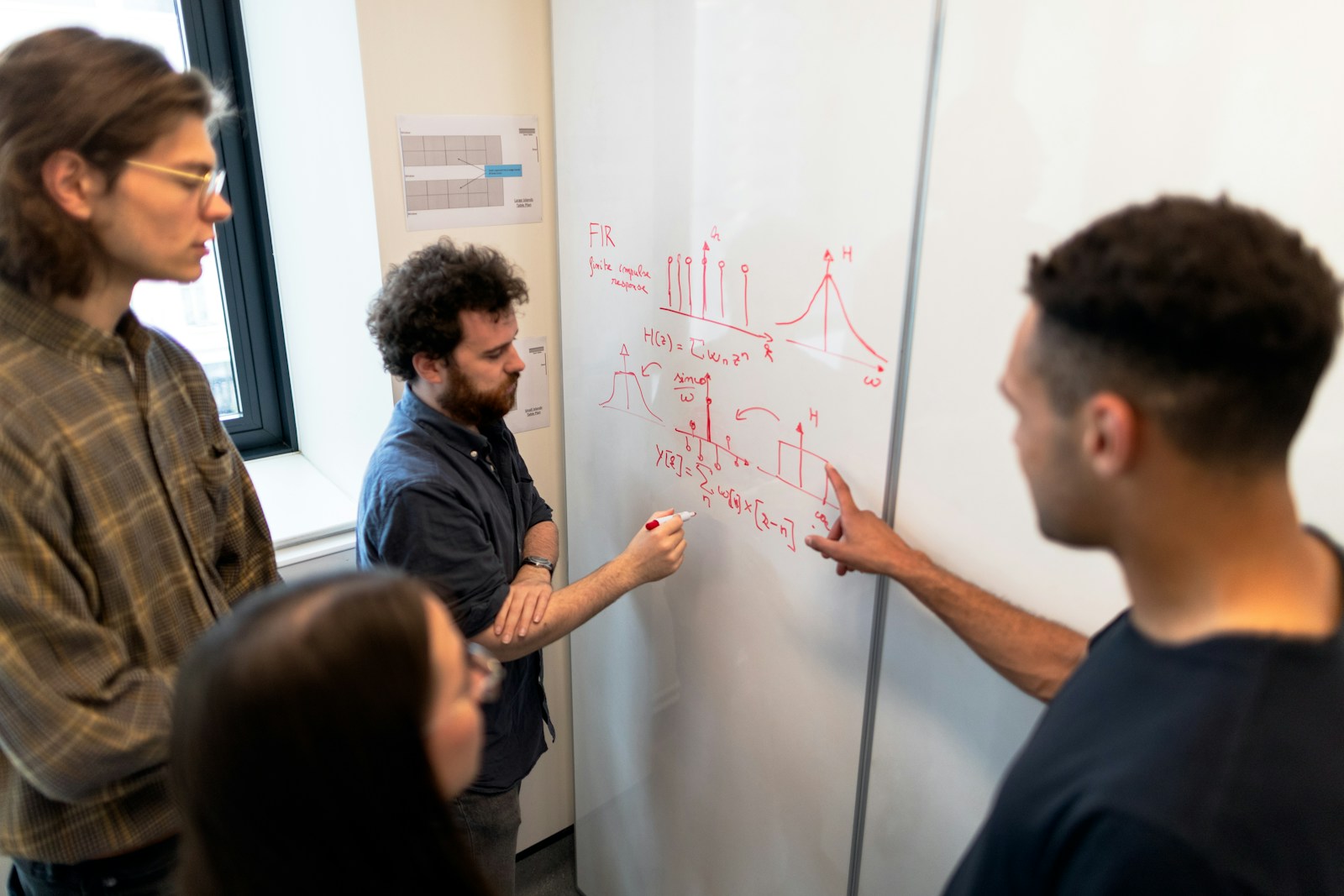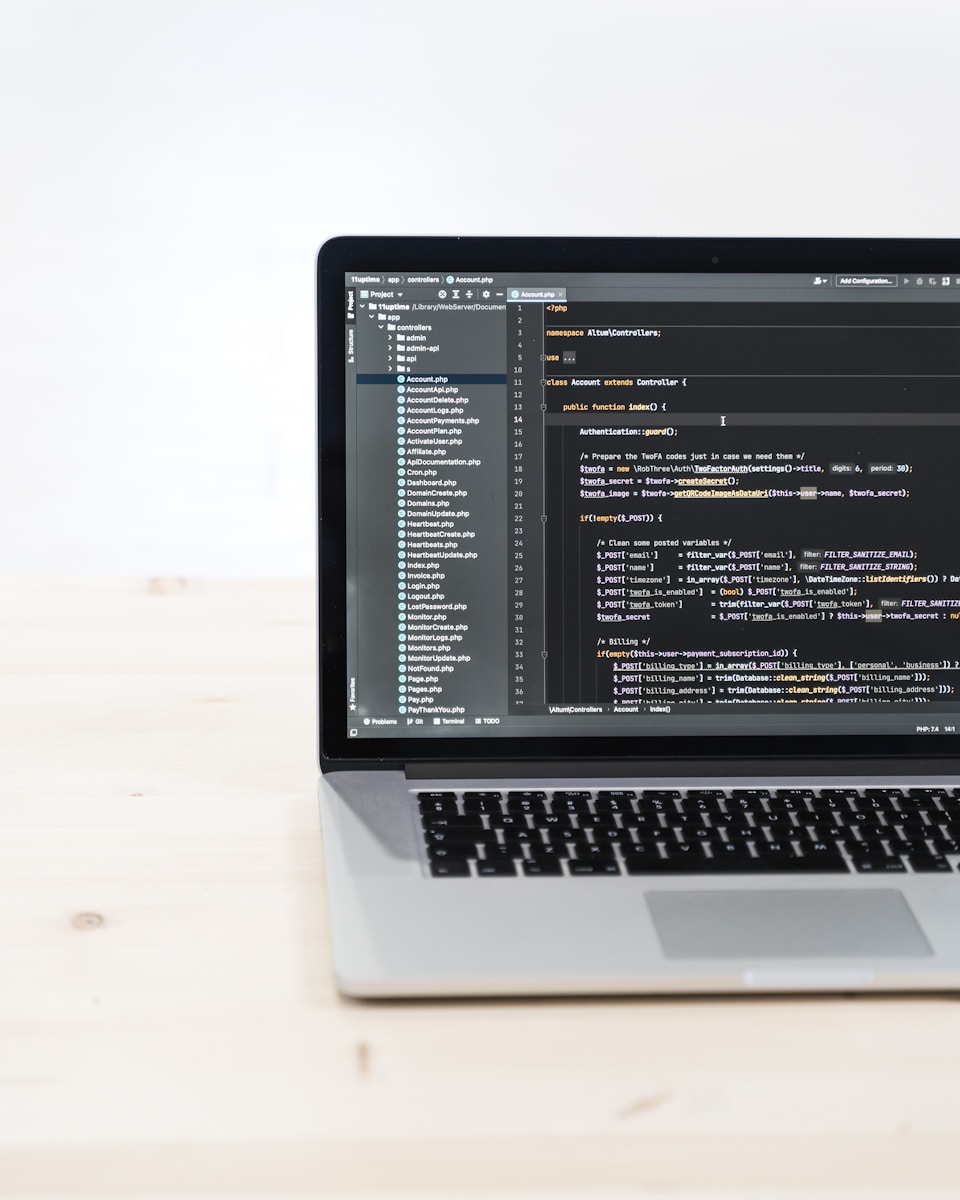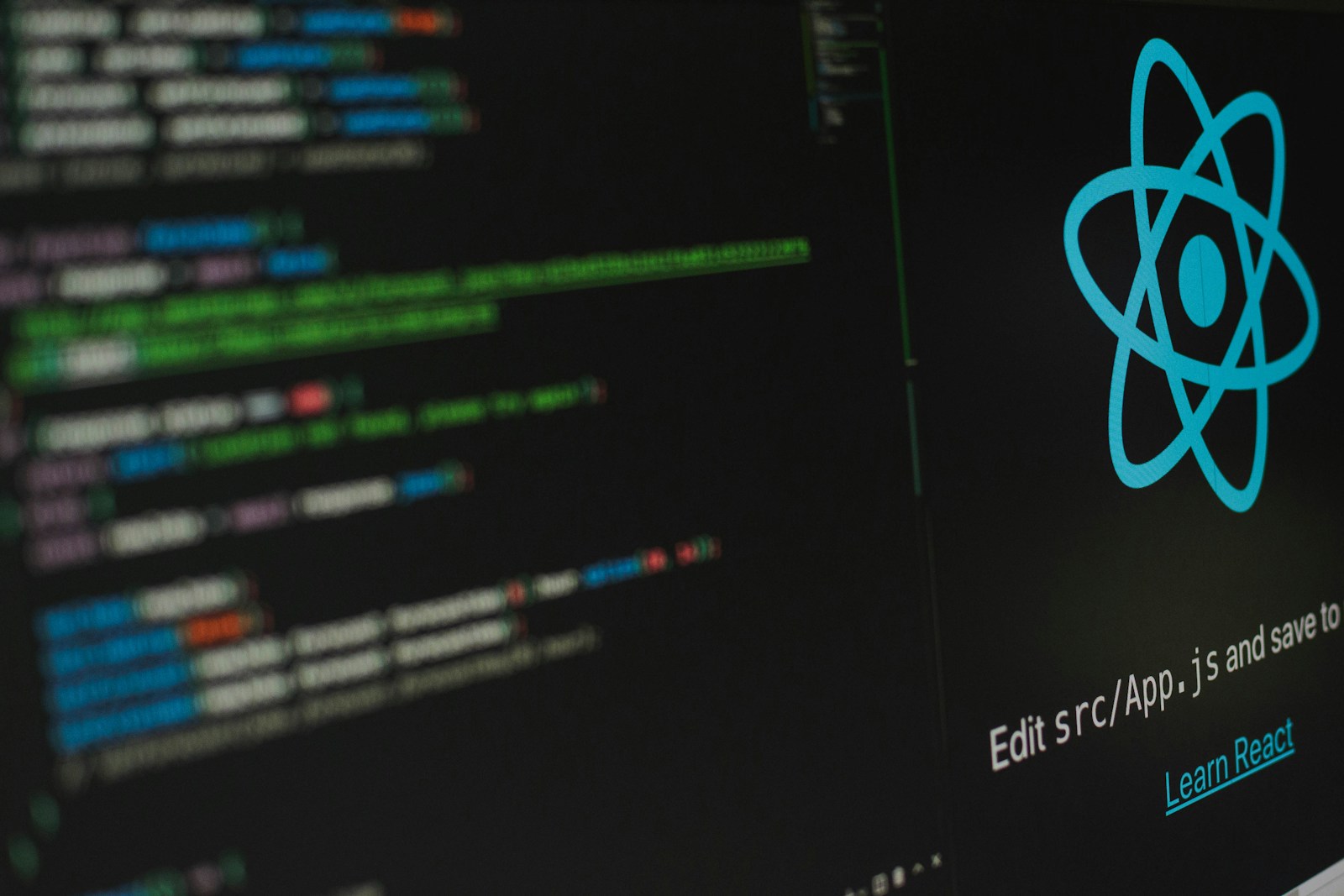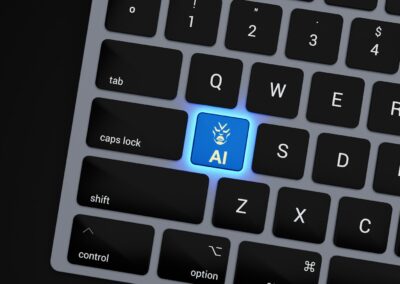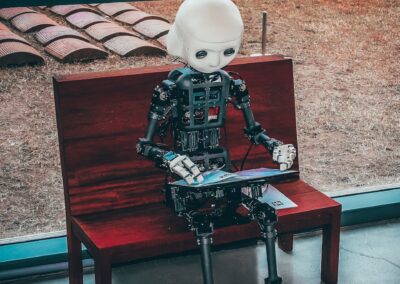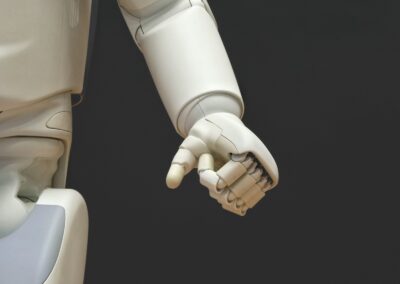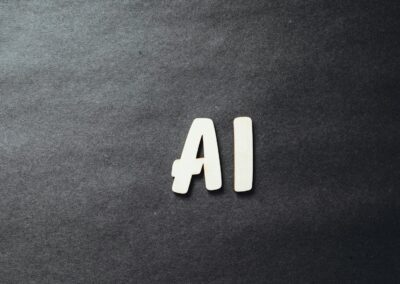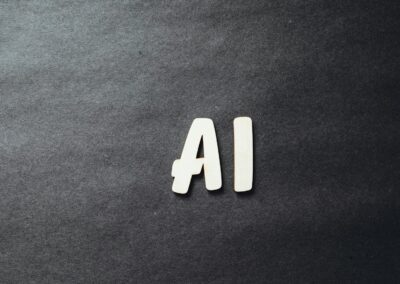Understanding AI and Machine Learning Through Practical Examples in Riyadh and Dubai
Distinction Between AI and Machine Learning: Foundational Concepts
The distinction between AI and machine learning is crucial for business executives, mid-level managers, and entrepreneurs in Saudi Arabia and the UAE to grasp, as these technologies play a pivotal role in driving business success and innovation. Artificial Intelligence (AI) is an overarching concept that refers to machines designed to simulate human intelligence. These systems can perform tasks that typically require human intelligence, such as visual perception, speech recognition, decision-making, and language translation. Machine learning, on the other hand, is a subset of AI that enables machines to learn from data and improve their performance over time without being explicitly programmed.
To illustrate this distinction, consider the use of AI in customer service within a large retail company in Riyadh. An AI-powered chatbot can interact with customers, answer their queries, and provide recommendations. This system leverages natural language processing (NLP) and machine learning algorithms to understand and respond to customer inputs effectively. While the chatbot represents an application of AI, the machine learning component allows it to improve its responses based on interactions, thereby enhancing its performance over time.
In Dubai’s financial sector, AI and machine learning are employed to detect fraudulent transactions. AI systems analyze vast amounts of transaction data in real-time to identify suspicious activities. Machine learning models within these systems are trained on historical data to recognize patterns and anomalies indicative of fraud. This distinction highlights how AI encompasses the broader goal of simulating intelligent behavior, while machine learning focuses on developing algorithms that enable systems to learn from and adapt to new data.
Practical Applications of AI and Machine Learning in Business
Understanding the distinction between AI and machine learning is further clarified through practical applications in business contexts in Saudi Arabia and the UAE. In the healthcare industry, for example, hospitals in Riyadh use AI-driven diagnostic tools to enhance patient care. AI systems analyze medical images to detect early signs of diseases such as cancer. Machine learning algorithms are trained on thousands of medical images, enabling the system to identify patterns and anomalies with high accuracy. This application demonstrates how machine learning enhances AI’s capabilities, providing healthcare professionals with powerful diagnostic tools.
In Dubai’s logistics and supply chain sector, companies leverage AI and machine learning to optimize operations and improve efficiency. AI systems analyze data from various sources, including weather forecasts, traffic conditions, and shipment schedules, to optimize delivery routes and schedules. Machine learning models are used to predict demand and manage inventory levels, ensuring that products are available when and where they are needed. This integration of AI and machine learning helps businesses reduce costs, improve customer satisfaction, and maintain a competitive edge.
Moreover, the real estate industry in both Riyadh and Dubai benefits from AI and machine learning through predictive analytics. Real estate companies use AI systems to analyze market trends, property values, and consumer preferences. Machine learning algorithms process historical data to predict future market conditions, enabling companies to make informed investment decisions. By leveraging AI and machine learning, real estate firms can enhance their strategic planning and capitalize on emerging opportunities.
Enhancing Leadership and Management Skills Through AI and Machine Learning
The distinction between AI and machine learning also extends to enhancing leadership and management skills in businesses across Saudi Arabia and the UAE. Executive coaching services are increasingly integrating AI-powered tools to provide personalized coaching experiences. AI systems analyze data from various sources, including performance reviews, feedback, and behavioral assessments, to identify leadership strengths and areas for improvement. Machine learning algorithms within these systems adapt to individual coaching needs, offering tailored recommendations and strategies for leadership development.
Effective communication is another area where AI and machine learning make a significant impact. In Riyadh’s corporate sector, AI-powered communication tools help leaders improve their communication skills by analyzing speech patterns, tone, and language use. Machine learning models within these tools learn from previous interactions to provide real-time feedback and suggestions for improvement. This application not only enhances leadership effectiveness but also fosters a culture of continuous improvement and innovation.
In project management, AI and machine learning are used to streamline processes and improve decision-making. In Dubai’s construction industry, for example, AI systems analyze project data to identify potential risks and recommend mitigation strategies. Machine learning algorithms predict project outcomes based on historical data, helping managers make informed decisions and allocate resources effectively. This distinction between AI and machine learning underscores their complementary roles in enhancing project management capabilities and driving business success.
#GeneralAI #MachineLearning #BusinessSuccess #ChangeManagement #ExecutiveCoaching #EffectiveCommunication #LeadershipSkills #ManagementConsulting #SaudiArabia #UAE #Riyadh #Dubai

